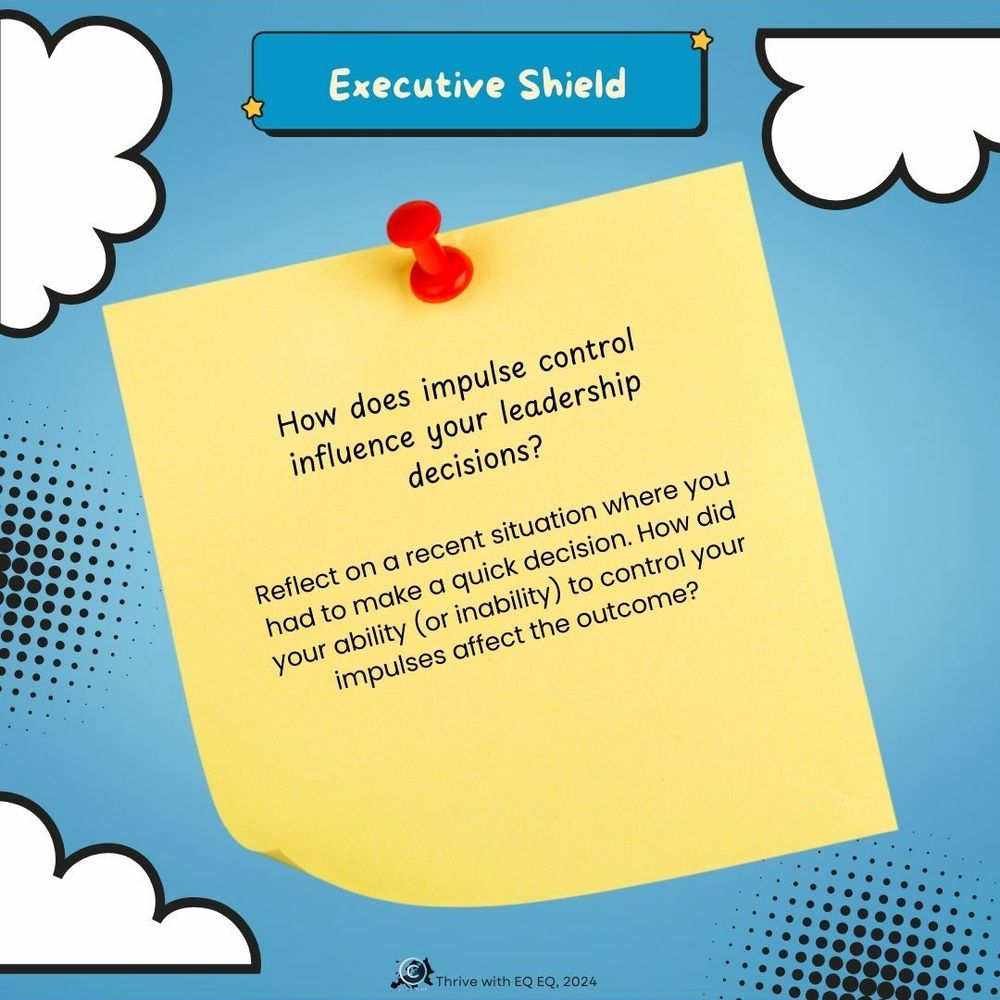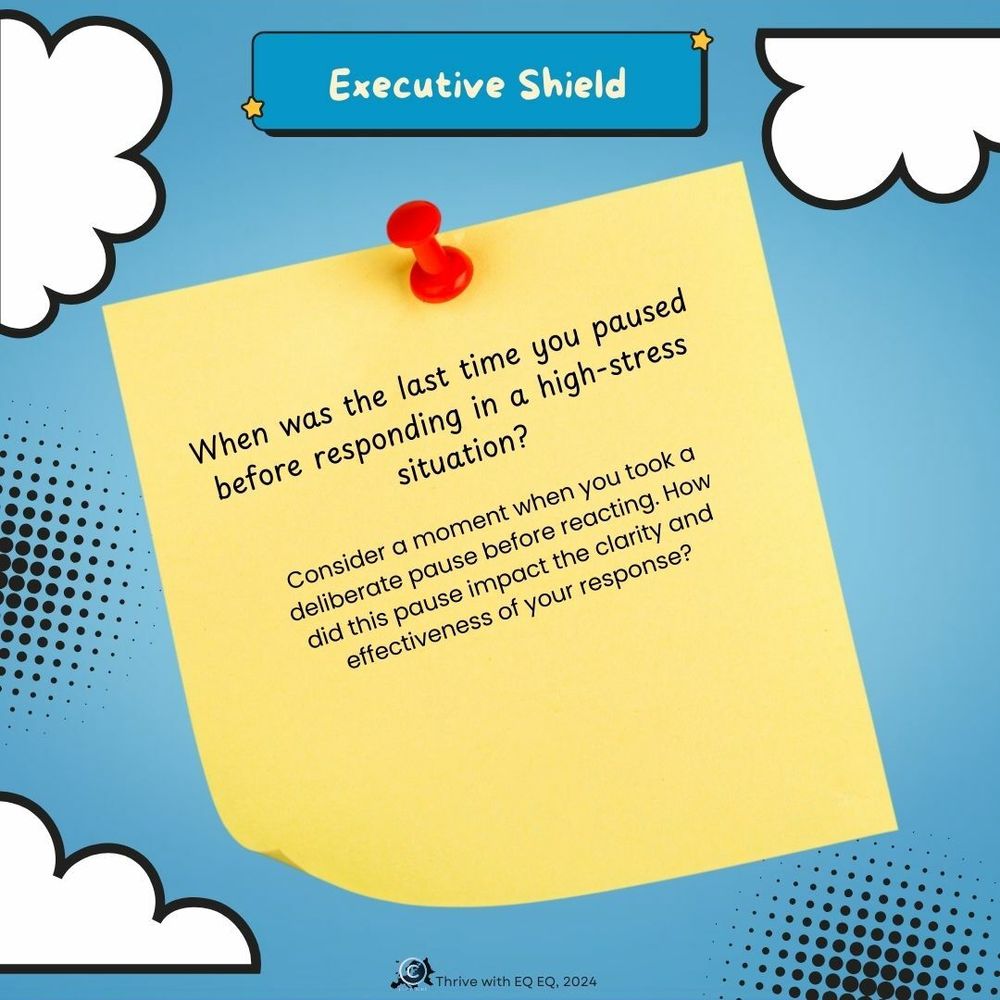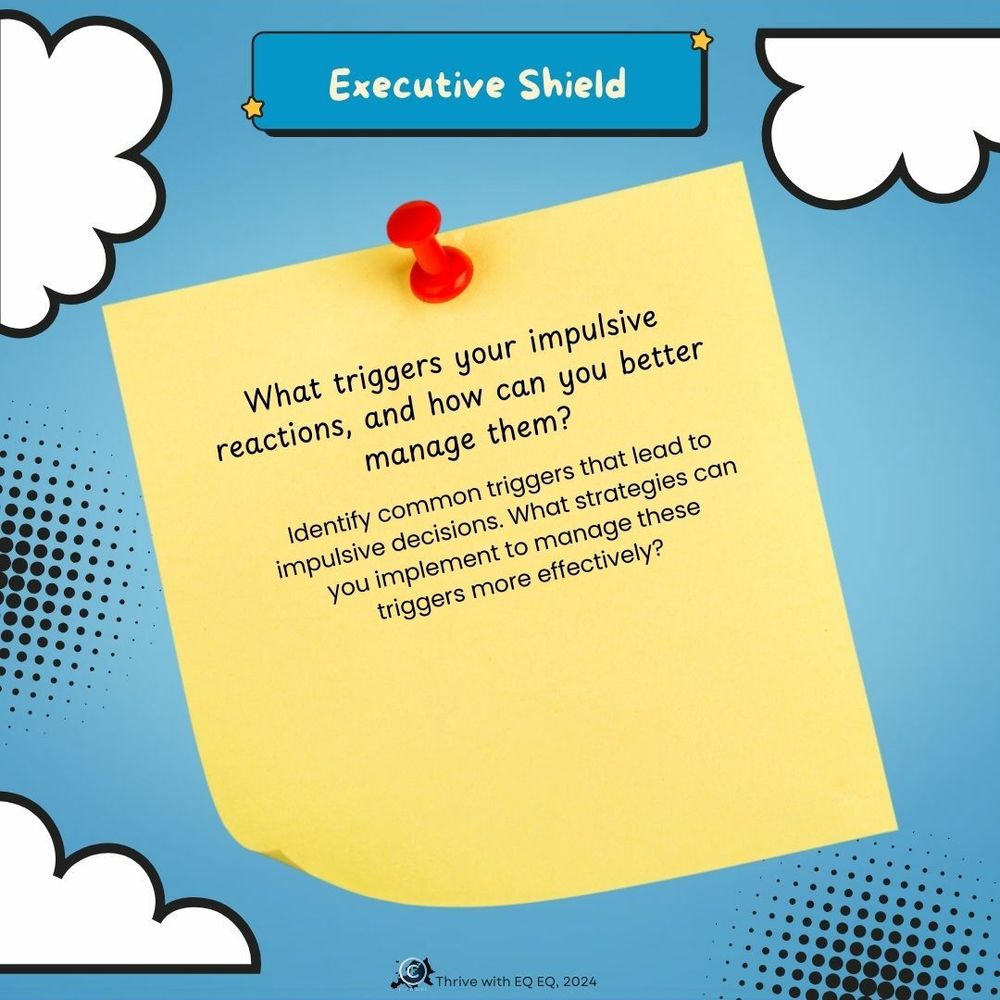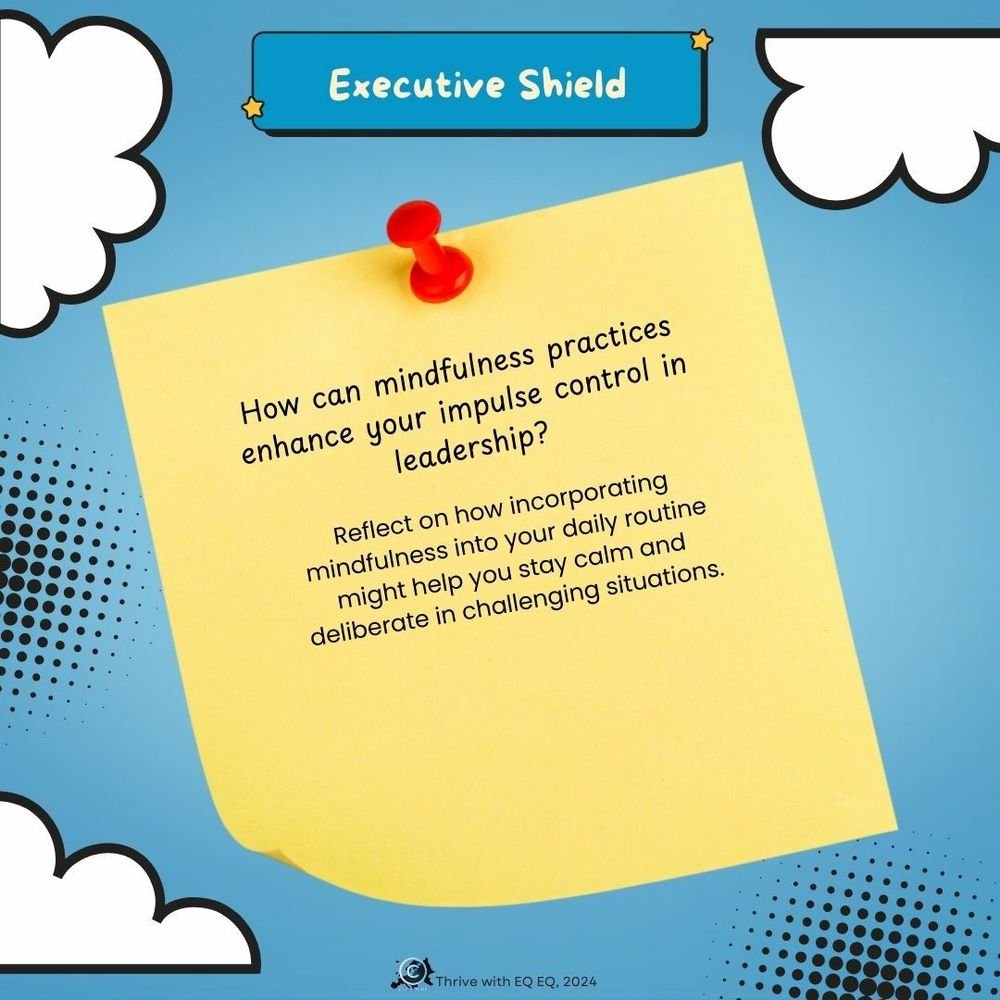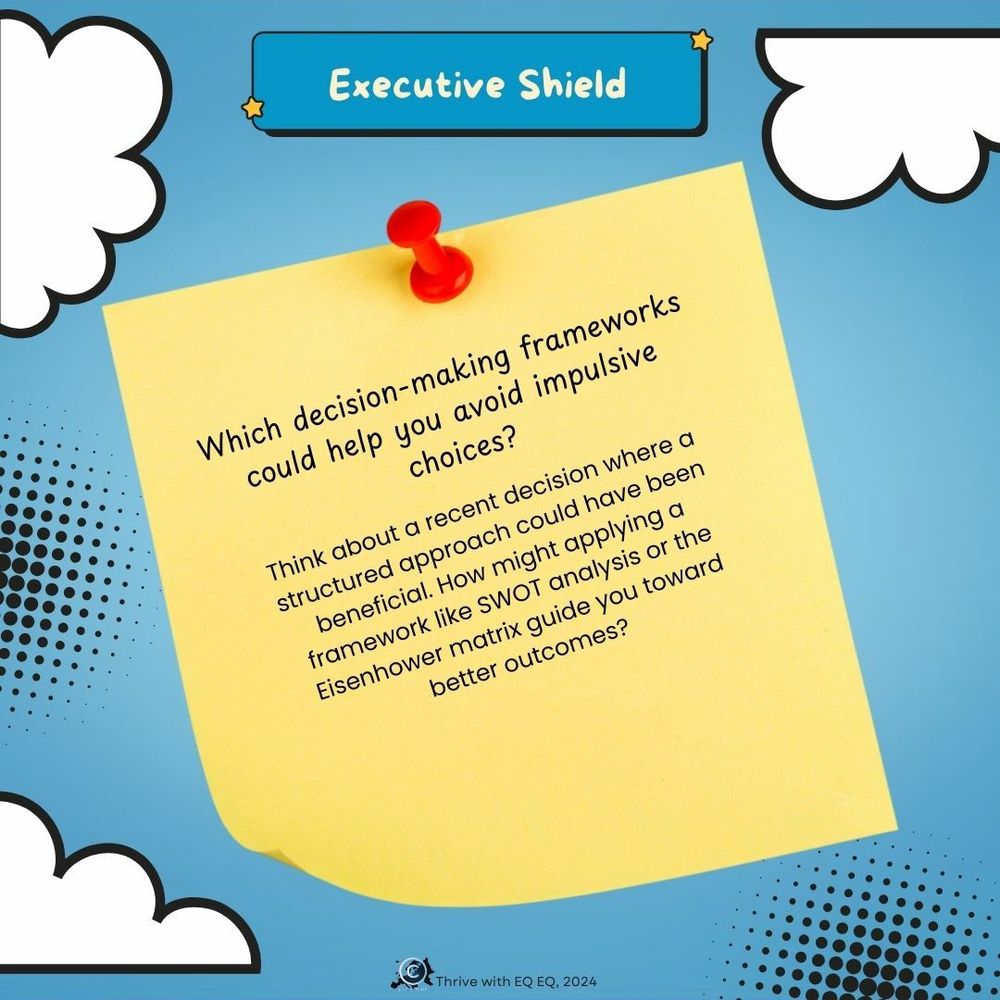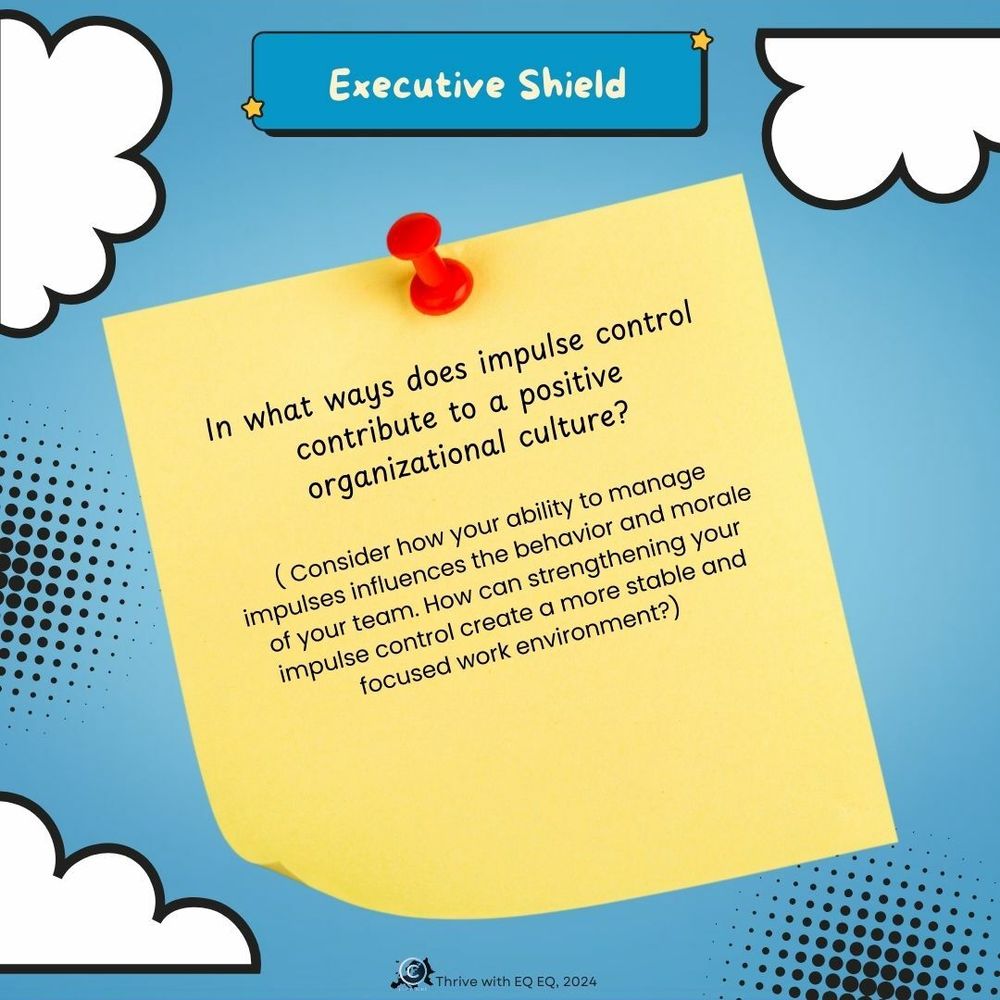Welcome back to Day 4 of your 30-Day Emotional Firewalls Challenge for Senior Executives!
Today, we’re focusing on a crucial aspect of leadership and decision-making: impulse control. In the high-pressure environment of executive leadership, the ability to manage immediate reactions and make thoughtful, strategic decisions is vital. Strengthening your impulse control not only enhances your leadership effectiveness but also sets the tone for your organization’s culture.
Why is Impulse Control Important?
Impulse control is the ability to pause and think before acting, particularly in situations where emotions are running high. For senior executives, this skill is essential in managing stress, making sound decisions, and maintaining composure in the face of challenges. Without strong impulse control, there’s a risk of reacting hastily, which can lead to decisions that might harm your organization or relationships within your team.
Think about a time when you were under intense pressure—perhaps during a critical negotiation, a crisis, or a major decision point. How you manage your immediate reactions in these moments can determine the outcome and impact your leadership credibility. By honing your impulse control, you ensure that your responses are aligned with your long-term goals and values.
Key Strategies to Strengthen Impulse Control:
Today, we’ll explore strategies that you can integrate into your daily routine to enhance your impulse control. These techniques will help you pause, reflect, and respond thoughtfully, ensuring that your decisions are well-considered and effective.
1. The Power of the Pause:
- Explanation: Before reacting to a situation, take a moment to pause. This simple act of waiting a few seconds can prevent rash decisions and allow for a more measured response.
- Example: “In a tense board meeting, instead of immediately responding to a provocative comment, pause, take a deep breath, and then articulate a response that reflects your strategic objectives.”
2. Mindful Reflection:
- Explanation: Regularly practicing mindfulness can increase your awareness of emotional triggers and improve your ability to control impulses.
- Example: “Incorporate a brief mindfulness practice into your daily routine, such as a 5-minute meditation or deep-breathing exercise. This helps create space between stimulus and response.”
3. Utilize Decision-Making Frameworks:
- Explanation: When faced with high-stakes decisions, use a structured decision-making framework to guide your thought process and avoid impulsive choices.
- Example: “Apply frameworks like SWOT analysis or the Eisenhower matrix to evaluate options objectively, ensuring that your decisions are based on rational analysis rather than immediate emotions.”
Implementing These Strategies:
Start incorporating these strategies into your routine today. Whether you’re in a meeting, responding to an urgent email, or making a strategic decision, practice pausing and reflecting before taking action. Over time, these habits will become second nature, leading to more deliberate and impactful leadership.
Action Item for Today:
Identify one situation today where you can apply a pause before responding. Reflect on the outcome and consider how this approach can enhance your leadership effectiveness moving forward.
By focusing on impulse control, you’re building a crucial emotional firewall that protects your decision-making process and strengthens your leadership presence. As you continue to refine this skill, you’ll find that your ability to navigate complex situations with poise and clarity will significantly improve.
Keep this momentum going—see you tomorrow for Day 5 of the Emotional Firewalls Challenge!


